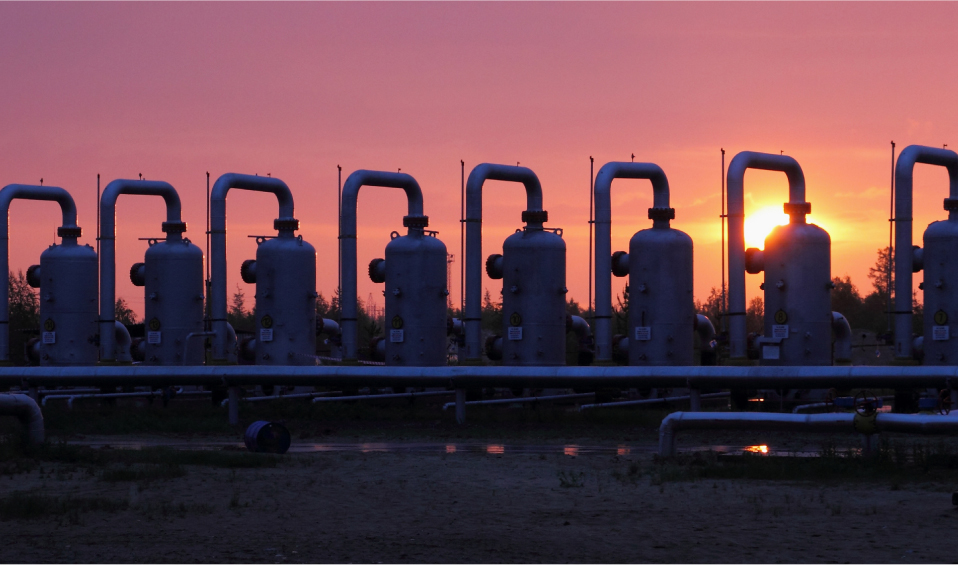
Thanks to ESCP Business School's Energy Management Centre wide network in the academic and business communities, our views on energy news give you comprehensive insight into energy issues.
Please join us...
Africa, with its untapped markets and abundant natural recourses, has been the common secret amongst many energy investors over the past couple of decades. Its high growth rates, rapidly growing population and unexploited resources have marked it as the Promised Land for various businessmen. However, results so far have been widely variable.
In trying to explain why Africa has not proved to satisfy the investors' dream, one does not have to go further than the application of simple demand and supply economics. The African population is estimated to more than double itself by 2050. At the same time, and while the rest of the world is battling to get past the effects of the recent recession, GDP growth rates of 5-8% have been common in many Sub Saharan African countries. Growth rates, which are mostly driven by economic activity in the rapidly urbanised cities. They also illustrate the development of a new working class that is also growing rapidly, along with its purchasing power and its corresponding demands for higher energy consumption.
A conference organized jointly by Natural Gas Europe, the Greek Energy Forum, ESCP Business School, EMC and the European Economic and Social Committee (EESC) and entitled "2030 EU Energy Security, the Role of the Eastern Mediterranean Region" took place on December 10th at the premises of the European Economic and Social Committee, in Brussels, Belgium. The President of the EESC, Henri Malosse, opened the conference.
In his keynote speech, Malosse highlighted EU's priority to tackle the problem of high energy costs for the industry by implementing an integrated policy. Malosse stressed on the importance for the EU to support the energy transition for businesses, cost sharing between businesses and public authorities and the improvement of interconnections across European territories to ensure territorial cohesion, reduce energy costs for the consumer and increase price competitivity. The promotion of renewable energy by the investment in research and innovation will ensure renewables are accessible at a reasonable price, Malosse said. The fight against climate change remains a top priority for the EU, he added. He also explained that the EU must explore new economic models and engage in a dialogue with the citizens so that they gain an understanding on the reasons why the EU is promoting such initiatives. He concluded his speech by emphasizing the need for the EU to discuss with all its neighbours in its quest to diversify its sources and routes of supply, including the Mediterranean region.




527 Finchley Road
London NW3 7BG
United Kingdom
Tel: +44 (0)20 7443 8800
Fax: +44 (0)20 7443 8845
E-mail: [email protected]










